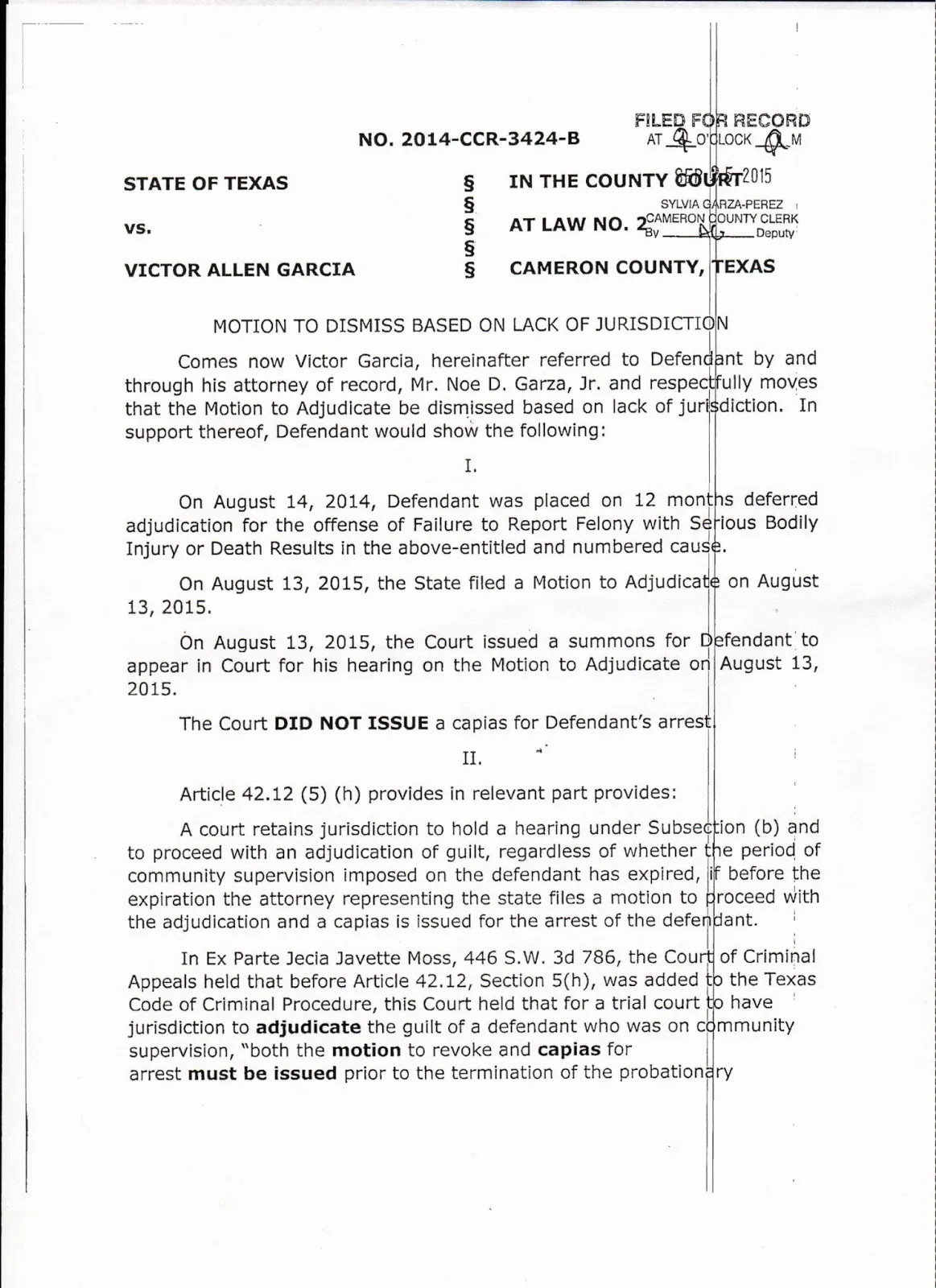Why You Need a Stellar Court Clerk Cover Letter
In the competitive field of legal administration, an entry-level court clerk position can be an excellent starting point. However, securing this role often hinges on the strength of your application materials, and particularly, your cover letter. A well-crafted cover letter serves as your first impression, offering you the opportunity to showcase your personality, skills, and genuine interest in the position. It goes beyond the basic information on your resume, allowing you to connect with the hiring manager on a personal level, emphasizing why you are the ideal candidate. This document allows you to demonstrate your writing ability, attention to detail, and understanding of the court clerk role. Ignoring this vital component or submitting a poorly written letter can significantly decrease your chances of getting an interview. A compelling cover letter highlights your unique qualifications and enthusiasm, setting you apart from other applicants and increasing your chances of success in your job search. The best entry level court clerk cover letter allows you to make your mark.
Key Elements of an Effective Cover Letter
Crafting an effective cover letter involves a systematic approach, ensuring all the essential elements are included and presented professionally. This section will guide you through the critical components necessary for a strong application. From the initial contact details to the closing, each element plays a vital role in conveying your qualifications and enthusiasm for the role. Paying close attention to each section will allow you to create a compelling narrative that captures the hiring manager’s attention and highlights your potential as an entry-level court clerk. Remember, the goal is to demonstrate why you are the best fit for the position, and a well-structured cover letter is your primary tool to achieve this.
Your Contact Information
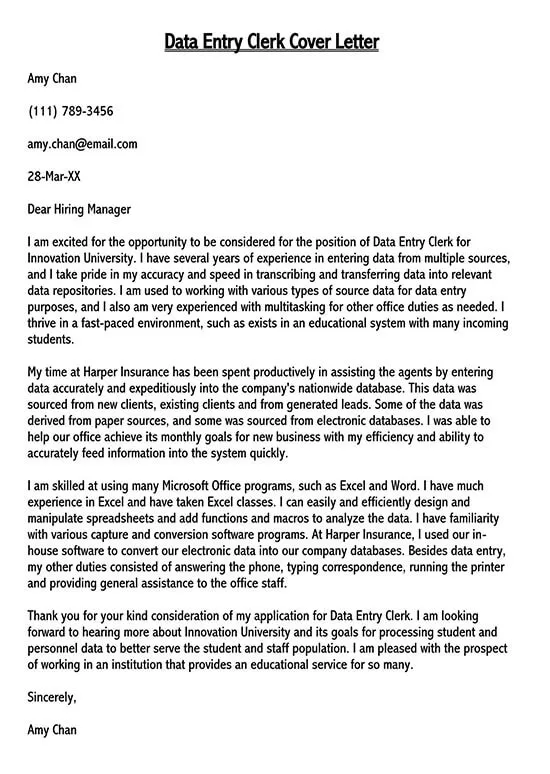
Begin with your contact information at the top of the letter. This should include your full name, address, phone number, and email address. Ensure your email address is professional and reflects your name. This section allows the recipient to easily contact you if they are interested in your application.
Date of Application
Directly below your contact information, include the date you are submitting your application. This helps the employer track the date and keep the application process organized.
Recipient’s Details
Address your letter to the hiring manager if you know their name. If not, use a professional title like “Hiring Manager.” This shows you’ve done your research and care about the position. Include the court’s name and address.
The Salutation
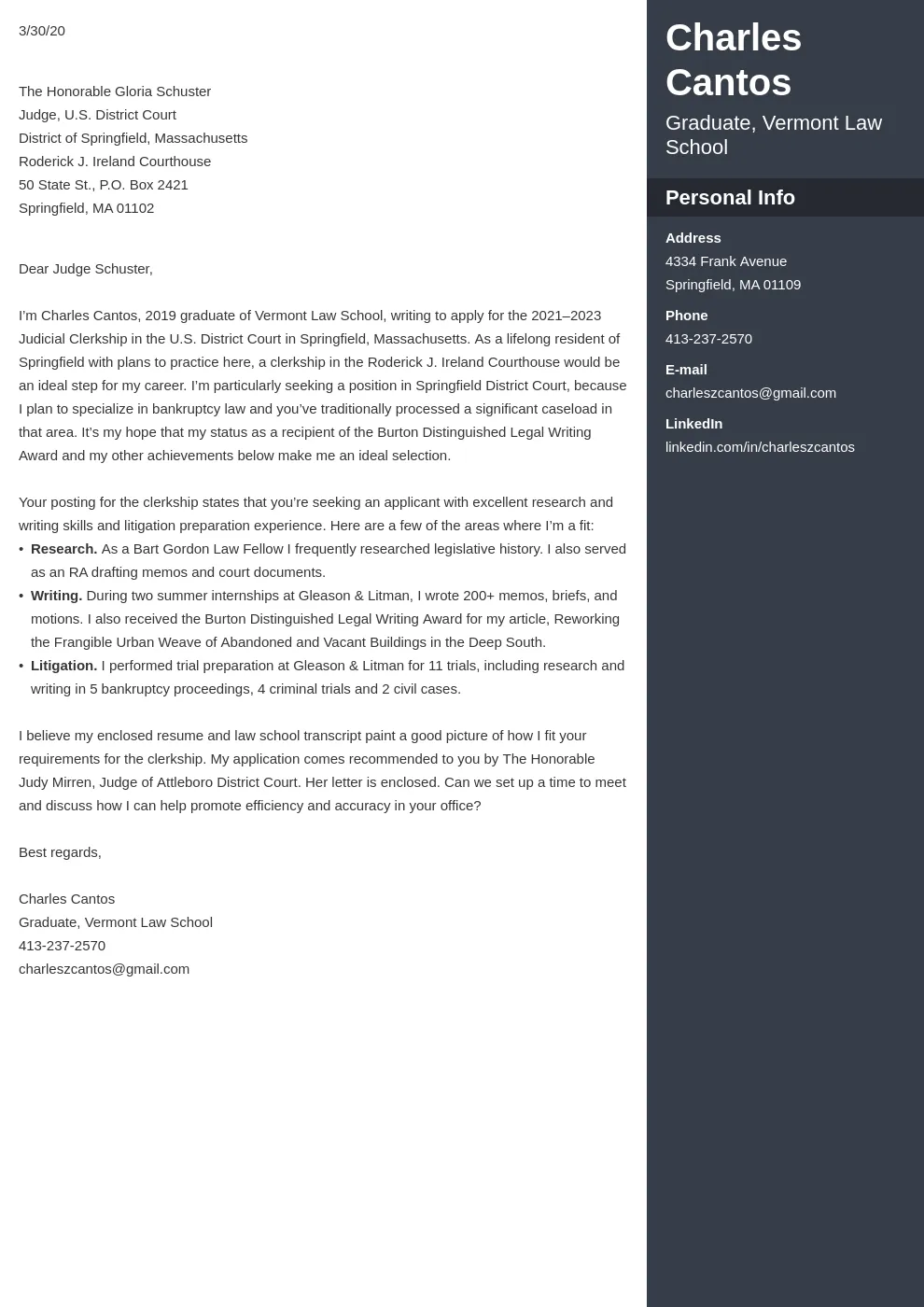
Use a formal salutation such as “Dear Mr./Ms./Mx. [Last Name]” or “Dear Hiring Manager.” Avoid casual greetings like “Hello” or “Hi.” The greeting sets the tone for the rest of your letter.
Highlighting Your Skills and Qualifications
This section is crucial for demonstrating your suitability for the court clerk position. Focus on the skills and qualifications that align with the job description. Provide specific examples from your experiences to illustrate your abilities and how they apply to the role. Ensure that you address both the technical and soft skills required for a court clerk position. Your goal is to convince the hiring manager that you possess the necessary qualities to excel in this role. By emphasizing your strengths, you are more likely to capture the hiring manager’s attention and demonstrate your understanding of the role’s demands.
Detail Relevant Experience
Even if you are an entry-level candidate, highlight any relevant experiences. This might include internships, volunteer work, or part-time jobs where you gained skills like organization, attention to detail, and customer service. Describe your responsibilities and the outcomes you achieved. Quantify your achievements whenever possible – for example, ‘Managed a filing system of over 200 documents’.
Emphasize Transferable Skills
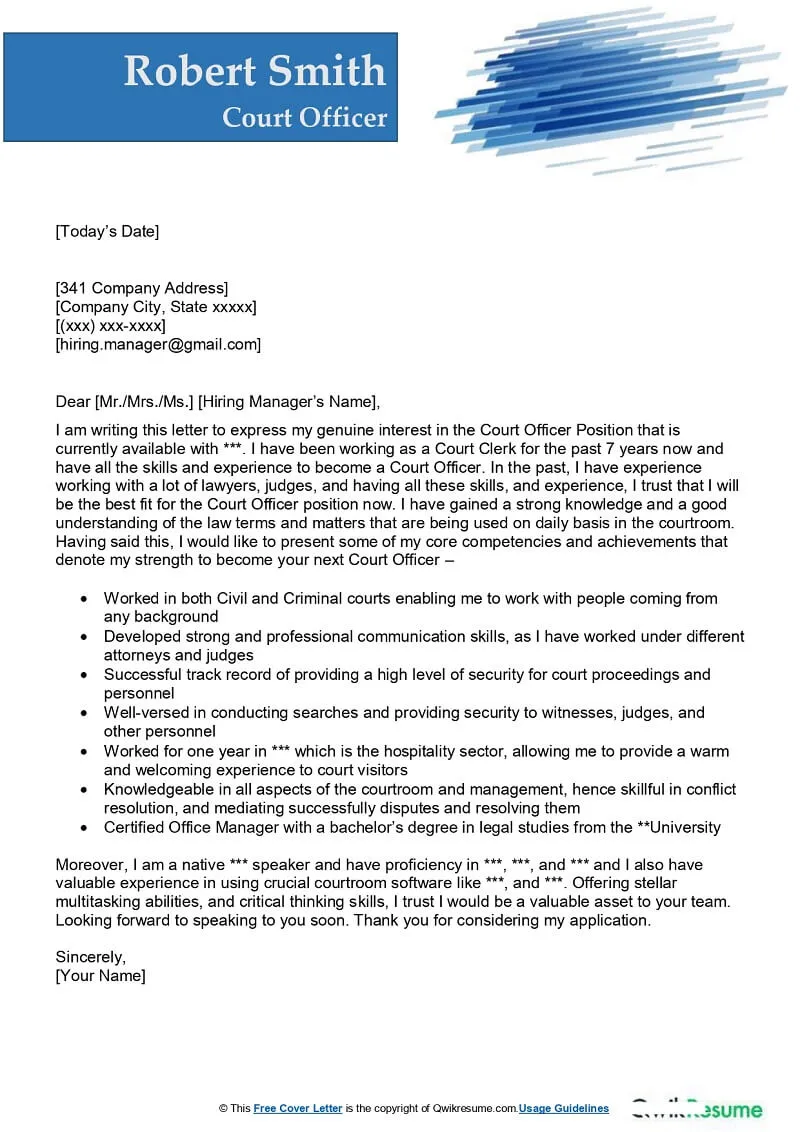
Court clerk roles require a variety of transferable skills, even if you lack direct legal experience. Highlight skills such as: strong organizational abilities, excellent communication, attention to detail, proficiency in using computer software, time management, ability to work under pressure, and the capacity to handle confidential information. Provide concrete examples to support each skill. For instance, ‘Managed a high volume of calls while maintaining accuracy’.
Showcase Your Enthusiasm and Interest
Express your genuine interest in the court clerk position and the specific court or legal system. Explain what motivates you to pursue this career path and what you hope to achieve. Your enthusiasm can make a significant impact on the hiring manager, demonstrating that you are truly invested in the role and the organization. Your excitement can set you apart from candidates who may be perceived as simply seeking a job.
Expressing Your Understanding of the Role
Demonstrate your knowledge of the court clerk’s responsibilities. Mention specific tasks you are prepared to perform, such as managing court records, preparing legal documents, scheduling hearings, and assisting the public. Show that you understand the importance of accuracy, confidentiality, and professionalism in this role. Showing your awareness of the job’s demands will make you a more appealing candidate.
Mentioning Your Research on the Court
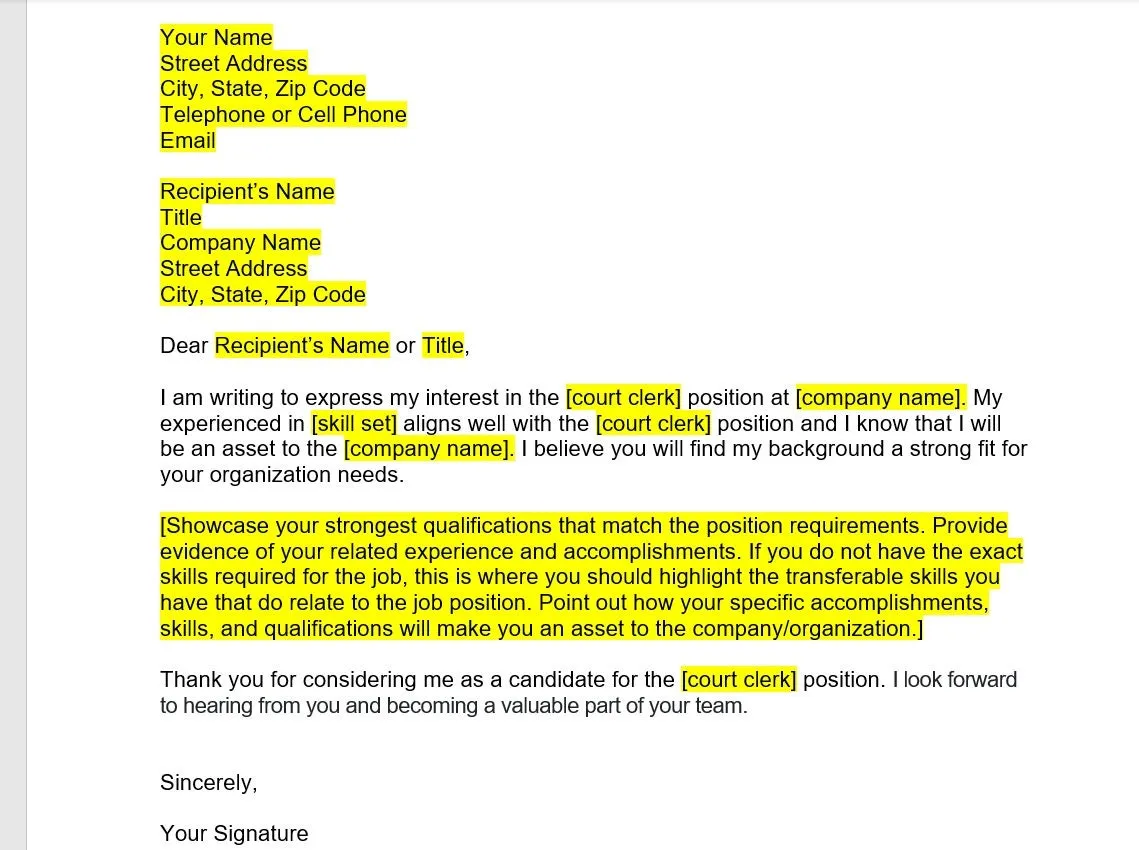
Show that you have researched the court or legal organization by mentioning their mission, values, or recent achievements. This demonstrates your genuine interest and your willingness to go the extra mile. Tailor your letter to the specific court and position to show that you understand the role’s context within that court’s environment.
The Call to Action
A clear call to action prompts the hiring manager to take the next step, increasing your chances of securing an interview. This section should outline what you expect from the reader, whether it’s scheduling an interview or reviewing your application. Include a statement that expresses your interest in discussing your qualifications further and gives the hiring manager clear instructions on how to contact you.
Requesting an Interview
Specifically request an interview to discuss your qualifications and how you can contribute to the court. Make it easy for the hiring manager to contact you by reiterating your phone number and email address. State your availability for an interview and express your eagerness to learn more about the opportunity. This positive closing leaves a strong impression and encourages the employer to reach out.
Expressing Gratitude
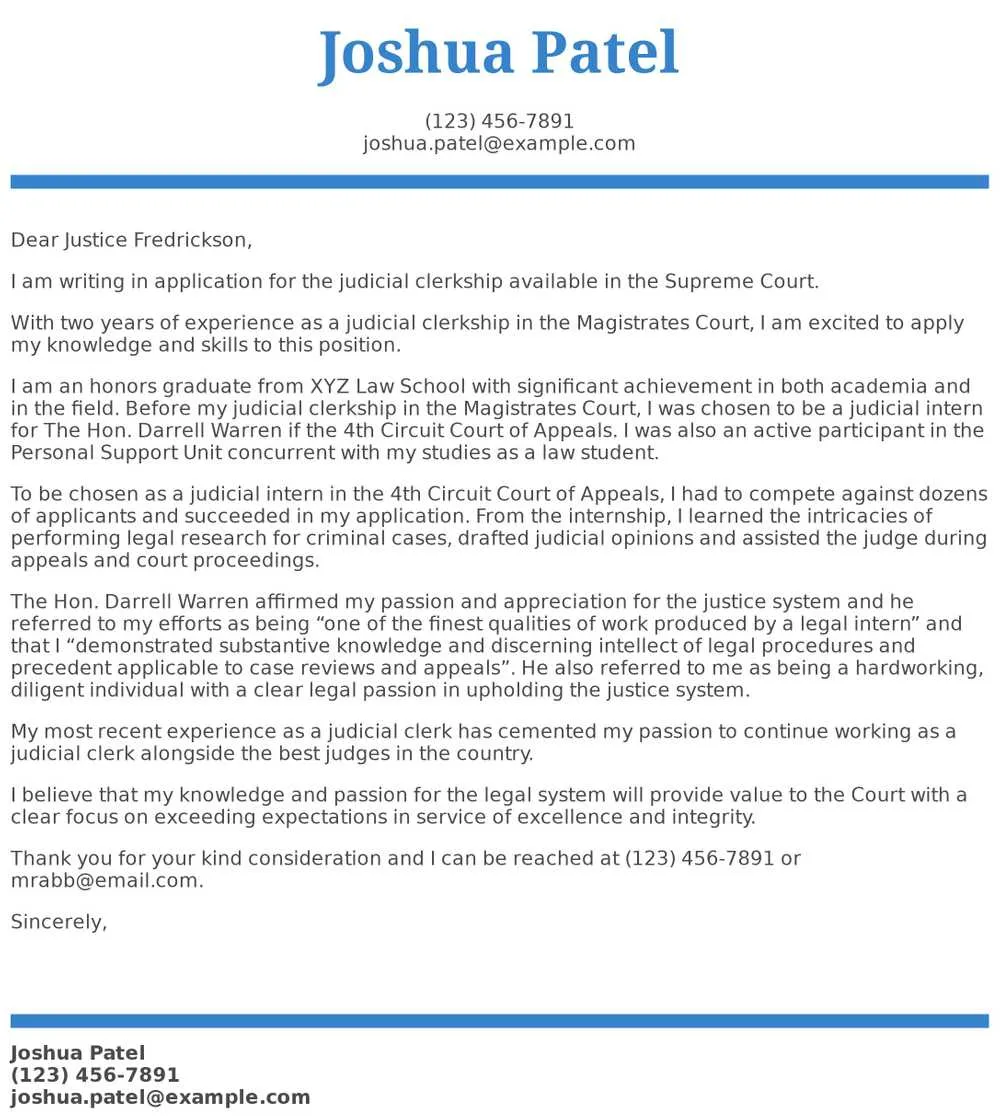
Thank the hiring manager for their time and consideration. A brief expression of gratitude reflects professionalism and respect, leaving a positive final impression. This closing statement demonstrates your appreciation for the opportunity and underscores your interest in the position. A simple “Thank you for your time and consideration” can make a difference.
Formal Closing and Signature
Use a professional closing such as “Sincerely” or “Best regards.” Sign your name above your typed name. If submitting electronically, include your typed name with a space for your signature. Make sure your signature is clear and legible to maintain professionalism.
Formatting Your Cover Letter
Formatting is critical to the overall presentation and readability of your cover letter. Proper formatting ensures that your letter is easy to read and visually appealing, reflecting your attention to detail. The following formatting tips will help you present your application professionally and make a positive impression on the hiring manager.
Font and Font Size
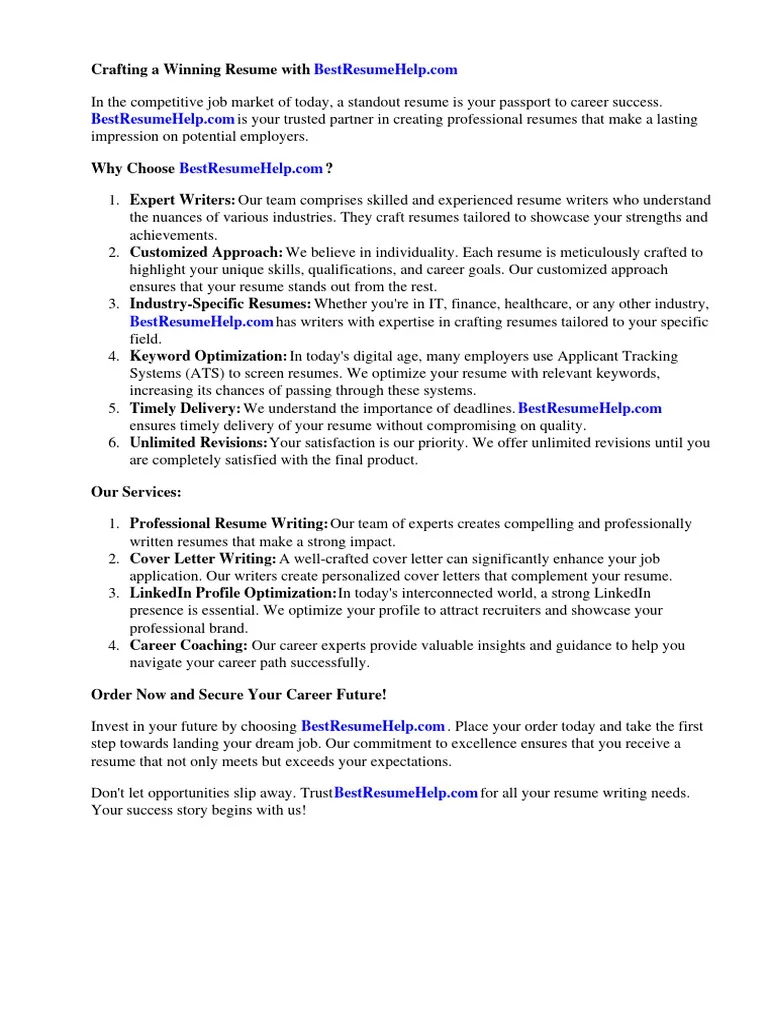
Use a professional, easy-to-read font such as Times New Roman, Arial, or Calibri. Maintain a font size between 10 and 12 points. This ensures that your letter is both legible and looks polished. Avoid using overly decorative or informal fonts that may detract from the professionalism of your cover letter. Keep the font consistent throughout the document.
Margins and Spacing
Set your margins to be 1 inch on all sides of your cover letter. Use single spacing for the body of the letter and double spacing between paragraphs. This format allows for enough white space to prevent the letter from appearing cluttered and provides an organized structure, making it easier for the reader to follow along.
Proofreading and Editing
Proofread your cover letter multiple times to eliminate any typos or grammatical errors. Have someone else review your letter as well, as a fresh pair of eyes can often spot mistakes you may have missed. Ensure your letter is free from spelling errors, punctuation mistakes, and grammatical inconsistencies. Errors can undermine your credibility and give the impression that you lack attention to detail, an essential skill for a court clerk.
Tailoring Your Cover Letter
Customizing your cover letter for each job application is essential for demonstrating your interest and qualifications. A generic letter does not show that you have put in the effort to understand the position and the organization. Tailoring your letter involves personalizing your skills and experience to match the requirements outlined in the job description. Take the time to review each job posting carefully and customize your cover letter to address the specific requirements. This can significantly increase your chances of being selected for an interview.
Researching the Court and Job Description
Before writing your cover letter, research the court’s mission, values, and recent activities. Study the job description thoroughly to identify the key skills and qualifications they are seeking. Use this information to tailor your cover letter to the specific requirements of the position. Demonstrate that you have understood the role and the court environment.
Adapting to the Specific Requirements
Highlight the skills and experiences that directly match the job description. If the job requires strong organizational skills, provide examples from your experience that demonstrate your abilities. If the job description emphasizes accuracy and attention to detail, highlight instances where you demonstrated these skills, emphasizing the positive outcomes. Show how your skills and experiences align with the specific requirements of the position. Tailoring your letter to the specific requirements of each job is essential.
Examples of Strong Opening and Closing Statements
A strong opening statement grabs the reader’s attention immediately, and a compelling closing statement leaves a lasting positive impression. These statements are your opportunity to set a strong tone for your application and underscore your interest in the role. A well-crafted opening statement captures the hiring manager’s attention immediately. The closing provides a memorable summary of your value proposition. Mastering these elements will set you apart from other applicants. Ensure your statements reflect your enthusiasm and demonstrate your understanding of the court clerk role.
Opening Statement Example
“I am writing to express my keen interest in the Entry-Level Court Clerk position at [Court Name], as advertised on [Platform]. Having closely followed [Court Name]’s commitment to [Court’s Values/Mission], I am eager to contribute my organizational skills and dedication to detail to your team. My background in [relevant experience] has provided me with the skills to thrive in this role.” This example demonstrates your interest and quickly highlights relevant skills.
Closing Statement Example
“Thank you for considering my application. I am excited about the opportunity to discuss my qualifications further and demonstrate how I can be a valuable asset to your team. I am available for an interview at your earliest convenience. I can be reached at [Phone Number] or [Email Address].” This statement reiterates your interest and offers contact information.
Common Mistakes to Avoid
Many common mistakes can significantly decrease your chances of getting an interview. Avoiding these errors ensures that your application presents you in the best possible light. Recognizing and avoiding these common pitfalls will increase your chances of success. Paying attention to these details can make a significant difference in the hiring process.
Typos and Grammatical Errors
Typos and grammatical errors undermine your professionalism and attention to detail. Always proofread your cover letter carefully. Have someone else review it as well. Errors can reflect poorly on your attention to detail, which is a crucial skill for a court clerk. Use spell-check and grammar-check tools, but remember they are not foolproof. Always read the letter closely to catch any remaining mistakes.
Generic Cover Letters
Using a generic cover letter that is not tailored to the specific job and court demonstrates a lack of interest. Tailor your cover letter to each job application by researching the court and referencing the job description. Show that you understand the specific requirements of the position and the court’s mission. A generic letter does not showcase your unique qualifications and interest in the role.
Exceeding the Length Limit
Keep your cover letter concise and to the point. Aim for one page in length. Hiring managers are busy, so they do not have time to read lengthy cover letters. Focus on highlighting your most relevant skills and experiences. Avoid including unnecessary details, and make every word count.
Final Tips for Success
Beyond the basic components and formatting, several other tips can help you make a lasting positive impression. These final tips will help you to refine your cover letter and increase your chances of success. They are meant to help you stand out from other applicants and demonstrate your suitability for the position.
Showcasing Your Personality
While maintaining professionalism, let your personality shine through. Use a confident and enthusiastic tone that reflects your interest in the role. This can make you more memorable to the hiring manager. Showcase your positive attitude and enthusiasm to help you stand out among other candidates. Your unique personality can make you a more memorable candidate.
Following Up After Submission
After submitting your cover letter and resume, follow up with the hiring manager or court. Send a brief email or make a phone call to reiterate your interest. Express your appreciation for the opportunity and inquire about the status of your application. This demonstrates your initiative and ongoing interest in the position. Following up shows your commitment to the application process. Do this a week or two after submitting your application.
